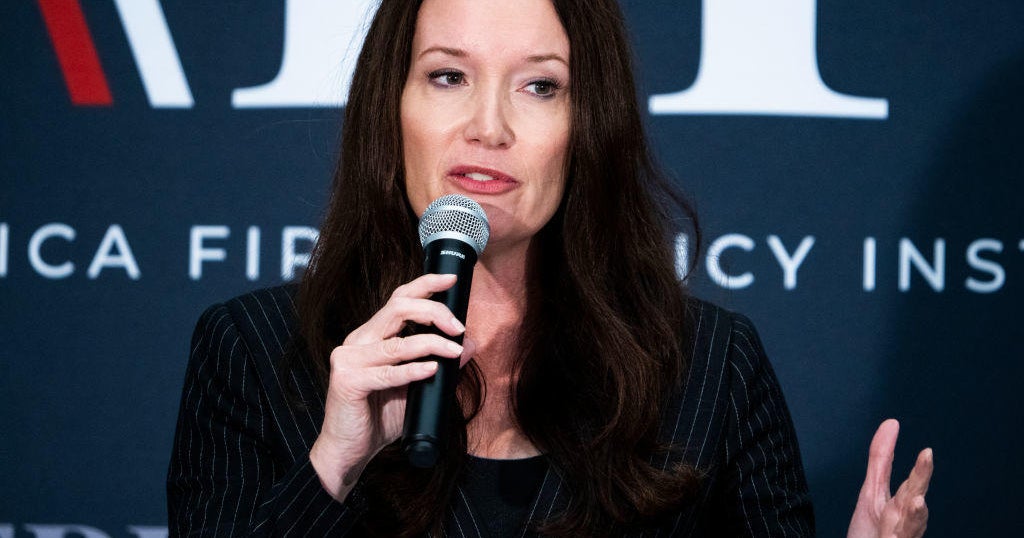Democrats unveil bill to bolster care of migrants in Border Patrol custody
Washington — Frustrated by the recent deaths of migrants — including children — in U.S. custody, House Democrats on Wednesday unveiled legislation to bolster the medical and nutritional care of people detained by Border Patrol officers.
In the past eight months, at least six migrant children have died while in U.S. custody — or shortly after being released. Other migrants detained by U.S. authorities have also died in recent months, including two Salvadorean migrants last week.
Democrats hope their latest legislative effort, which is being spearheaded by California Rep. Raul Ruiz, will help prevent more deaths. The four-term lawmaker, a former emergency physician, denounced the conditions he has witnessed in detention facilities for migrants.
"The word to describe it is subhuman, deplorable, inhumane and very heartbreaking to see the way that children, pregnant women and the elderly are being treated and detained under the custody and responsibility of CBP," Ruiz told CBS News Wednesday.
If enacted, the legislation would set new minimum standards of medical procedures by Customs and Border Protection (CBP), the Homeland Security agency which oversees Border Patrol agents. The agency hires medical practitioners to conduct health screening on migrants and is also responsible for transporting sick people in its custody to nearby hospitals.
Under the bill, U.S. border authorities would need to ensure that migrants in high-risk populations like pregnant women, children, the elderly and those with serious medical conditions like HIV receive a health screening within three hours of their apprehension. All other migrants would need to receive a screening within 12 hours of their detention.
The screening would include an interview with the migrant, a psychological exam and screenings for vital signs like pulse, temperature, blood pressure and oxygen levels. The proposal also demands CBP ensure an interpreter is available during screenings if needed.
Currently, detained migrants usually receive these examinations, but not necessarily in these timeframes
Border officials would also need to have a licensed emergency care professional on call in case migrants need urgent medical attention, as well as emergency transportation in detention facilities or located within 30 minutes of the detention facility.
In addition to its provisions outlining medical care standards, the bill also calls for CBP to have sufficient drinking water, food, hygiene products and working and clean bathrooms for migrants in its custody. For migrants who are 12 years or older, border officials must be able to offer a daily diet consisting of three meals that together amount to no less than 2,000 calories.
The bill prohibits CBP from separating children from their adult relatives unless there are security concerns and says unaccompanied migrant children should not be detained with adults.
Under the proposal, CBP would need to ensure that victims of assault and sexual abuse receive psychological care, and that the psychical and mental health of LGBTQ migrants is protected.
Ruiz said he's hoping the requirements in his proposal will be included in a future humanitarian funding package for the situation at the U.S.-Mexico border, where officials have been overwhelmed for months due to an unprecedented surge of migrant families from Central America. Last month, apprehensions at the southern border reached a 13-year high.
The California lawmaker said his bill should get bipartisan support because it calls for essential services for a vulnerable population.
"We're not asking for a lot or any special treatment. These are just basic necessities for a life with dignity," he added.





